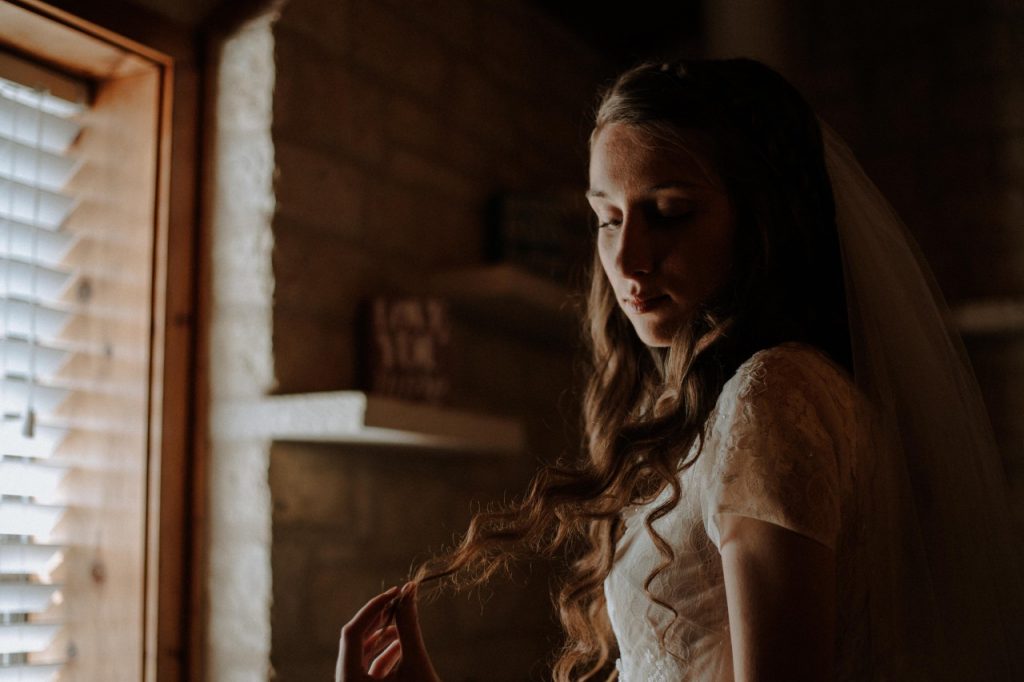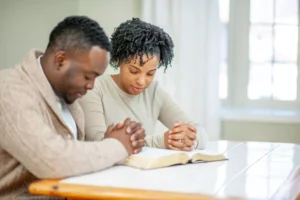In Runaway Bride, Julia Roberts steps into the sneakers of Maggie Carpenter, a young woman who has no problem getting engaged but big problems making it to the altar.
Recently, UCLA researchers looked into the phenomenon of those who suffer bouts of doubt — getting “cold feet,” the old cliché calls it — before heading down the aisle. They followed 464 newlyweds for four years, then correlated those folks’ fears before marriage with the likelihood of divorce later.
The researchers found that significant percentages of both men and women have anxiety about tying the knot. When asked, “Were you ever uncertain or hesitant about getting married?” 47 percent of men and 38 percent of women answered affirmatively.
Women’s doubts, however, correlated more strongly with divorce later on than men’s did. Just 8 percent of women who had no pre-wedding jitters had gotten divorced after four years, compared to 19 percent of those who expressed anxiety. For men, the gap was smaller: 9 percent vs. 14 percent, respectively.
Justin Lavner, a UCLA doctoral candidate and lead author of the study says of the findings, “People think everybody has premarital doubts, and you don’t have to worry about them. We found they are common but not benign. … When women have doubts before their wedding, these should not be lightly dismissed. Do not assume your doubts will just go away or that love is enough to overpower your concerns. There’s no evidence that problems in a marriage just go away and get better. If anything, problems are more likely to escalate,” he told The Christian Science Monitor.
I think Lavner’s counsel here is sound. Anxieties about marrying someone need to be taken seriously. That said, I think we also need to ask more specifically about the nature of someone’s fears and doubts, because I don’t think they’re all of the same intensity or importance.
Generally speaking, I would put anxiety about marriage in two different categories. Let’s label them momentary doubt and nagging fear.
Momentary doubts are exactly that: moments in which a surprising, but not particularly substantive, second thought briefly makes itself felt. For guys (I won’t speak for women), that might come some moment when you happen to notice another attractive woman besides your fiancée. It’s easy to think that once we’re happily engaged, we never, ever even notice any other person. So when that unexpectedly happens, it can be unsettling. I thought if I had found the one, I would never be even momentarily attracted to someone else, we might think. Maybe that means she’s not the one.
If I were counseling an engaged guy who confessed that to me, I’d suggest that’s the kind of doubt that’s worthy of confessing and relinquishing, not something you scrap a relationship for. In a culture that values infinite choice as much as ours does, committing to one real, live, wonderful-but-still-imperfect person is perhaps as hard as it’s ever been, because it’s so easy to think, I wonder if there’s someone better out there? In the context of a marriage commitment, then, those are the kinds of thoughts that, as the Apostle Paul instructs in 2 Corinthians 10:5, “we take captive … to make … obedient to Christ.”
But then there’s that other category: nagging fear. Nagging fears deserve attention because they deal with something more significant than a fleeting second thought. Nagging fears could be related to any aspect of a relationship, such as a person’s character, how attracted we are to someone physically or even trying to override our conscience completely to rationalize something we know is out of bounds (such as marrying an unbeliever, for instance). Nagging fears need to be dealt with. And often, we need outside counsel to help us see clearly what the right choice is.
In my own relationship with Jennifer, I had questions not so much about my wife but about the fact that we were coming from significantly different streams within the Christian tradition. I loved Jennifer deeply, but I wasn’t sure how to deal with some of the theological differences between us in secondary areas (not the core of our faith in Christ). That produced pretty massive anxiety in me, anxiety that was only allayed by four older Christian men who all assured me that those differences needn’t be deal-killers in our relationship. The unanimity of their counsel was important and helpful for me to overcome my own nagging fears.
My brother also faced some nagging fears in an engagement a number of years ago. Without going into too much detail, he feared that his bride-to-be was minimizing just how deep some of his struggles were. As they got closer to the wedding day, it became more and more apparent that there were things he’d grappled with (mainly related to depression) that she didn’t fully understand and accept.
It was increasingly clear to my parents, my sister and me that my brother shouldn’t get married. Unfortunately, an older couple whom he and his fiancée had been seeing for counseling had admonished him that he just had cold feet because he was afraid to commit. He just needed to get over it and get married, they told him.
As well-intended as their counsel was, it was dangerously off-base because it confused momentary doubts and nagging fears. In the end, my brother broke off the relationship one week before the wedding. Several years later, both are happily married to other people.
Suffice it to say that it’s critical that we pay attention to our doubts, either to take them captive and dismiss them or to take them seriously and deal with them — before we walk down the aisle.
Copyright 2012 Adam Holz. All rights reserved.











